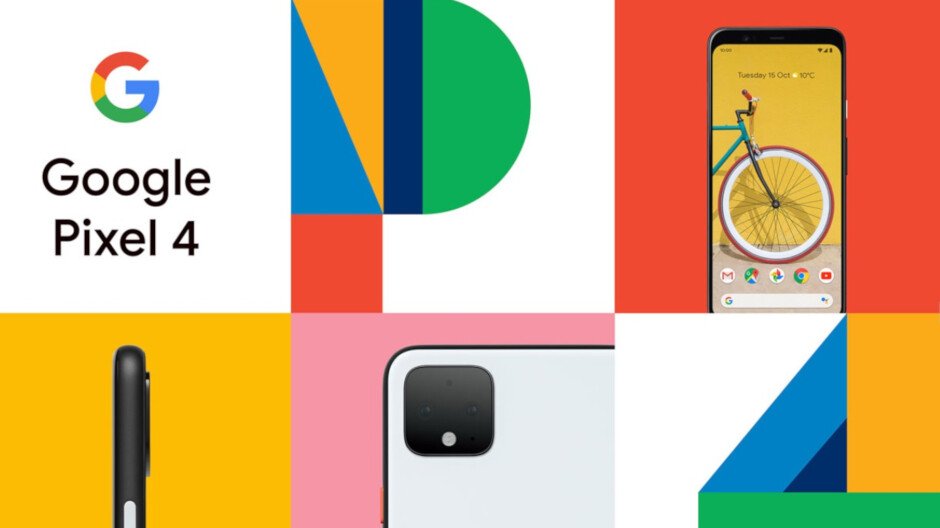iHeart This Phone I’ve Never Used
How the Risk of Bad Publicity and Losing Consumer Trust is Not Worth the Temporary Sales Bump When Brands Intentionally Seek Fake Reviews
What happened?
Between 2019 and 2022, Google spent $4.6 million to promote the Google Pixel 4 phone using on-air radio talent from iHeartMedia and other radio networks, without ever giving them the phone. It resulted in 29,000 fake endorsements that were aired across the country. The FTC didn’t like it one bit and together with several states where the false ads had run, they sued Google and iHeartMedia for deceptive advertising.
Google even provided iHeartMedia with scripts that included lines about the Pixel 4 phone and among them were these cringe-worthy comments:
“Pixel 4 is more than just great pics. It’s also great at helping me get stuff done, thanks to the new voice-activated Google Assistant that can handle multiple tasks at once.”
“I can read up on the latest health fads, ask for directions to the nearest goat yoga class (yes, that’s a thing), and text the location to mom hands-free. . .”
According to the complaint filed, iHeartMedia had tried several times to convince google to send their radio talent the phone for testing. They wrote in an email, “We . . . cannot require talent to use “I” in voiced spots when they have not physically used the product.”
However, Google refused again responding with, “Unfortunately, this is not feasible for [Google] at this time as the product is not on shelves yet. It would take over a week to ship all of these phones out resulting in a loss of airtime.”
What was the result?
Google probably should’ve made time for that week or two of product testing because soon the FTC caught wind of the shortcut. Several states where the ad had aired weren’t happy with the false advertising either and lawsuits followed soon after. Among the proposed orders of the settlement, the FTC included these actions:
Prohibit Google from misrepresenting that an endorser has owned or used, or about their experience with, certain products;
Prohibit iHeartMedia from misrepresenting that an endorser has owned or used, or about their experience with, any consumer product or service;
Google and iHeartMedia have also agreed to pay a total of $9.4 million to Arizona, California, Georgia, Illinois, New York, Texas, and Massachusetts, which sued the companies with the FTC.
The Bigger Picture
“Google and iHeartMedia paid influencers to promote products they never used, showing a blatant disrespect for truth-in-advertising rules,” said Bureau of Consumer Protection Director, Samuel Levine. “The FTC will not stop working with our partners in the states to crack down on deceptive ads and ensure firms that break the rules pay a price.” This lawsuit is only the latest in many that the FTC has issued this year in an effort to protect consumers and hold companies accountable for not following the Truth-in-Advertising Rules.
Breaking these rules isn’t just a bad look for the company or influencers involved, but it also affects the consumer’s shopping experience and their trust in the company. Because Google and iHeartMedia are bigger than your average DTC brands, consumers expect them to have higher standards when it comes to truth-in-advertising.
When companies like these are caught cutting corners, the result is a lack of trust in the brand and its use of influencer testimonials or recommendations in the future. In fact, according to a Wakefield Market Research survey commissioned by The Desire Company, 42% of consumers who have dealt with the consequences of purchasing an influencer-recommended product say they are unlikely to purchase from that company again.
Honest Recommendations Increase Consumer Confidence and Reduce Returns
Wakefield’s research also revealed that 82% of consumers who were swayed to purchase something based on an influencer’s pitch said they had some sort of negative experience with the product. Many consumers were so dissatisfied with an influencer-recommended product that they ended up sending it back. In that same survey, 2 in 5 consumers say they’ve returned more products they’ve purchased based on an influencer’s recommendation than any other products.
Each year the amount of returns increases and by the end of 2022, that number will hit a record high of $900 billion worth of merchandise in returns–a 2.3% increase from last year. To say the industry is struggling is an understatement. Realizing that influencers may not always be the most reliable, customers turn to sources of information they find credible and that includes recommendations from family and friends, product descriptions on brand websites, and online customer reviews.
It’s clear that shoppers are looking for reliable and relatable sources to make more informed purchase decisions. As influencers lose their credibility, consumers start to consider experts with 1,000 followers to be more trustworthy when compared to an influencer with millions of followers, according to Wakefield Market Research. Experts can offer years of experience and knowledge of their industry to help consumers purchase the right products and confidently use them.
Sources:



